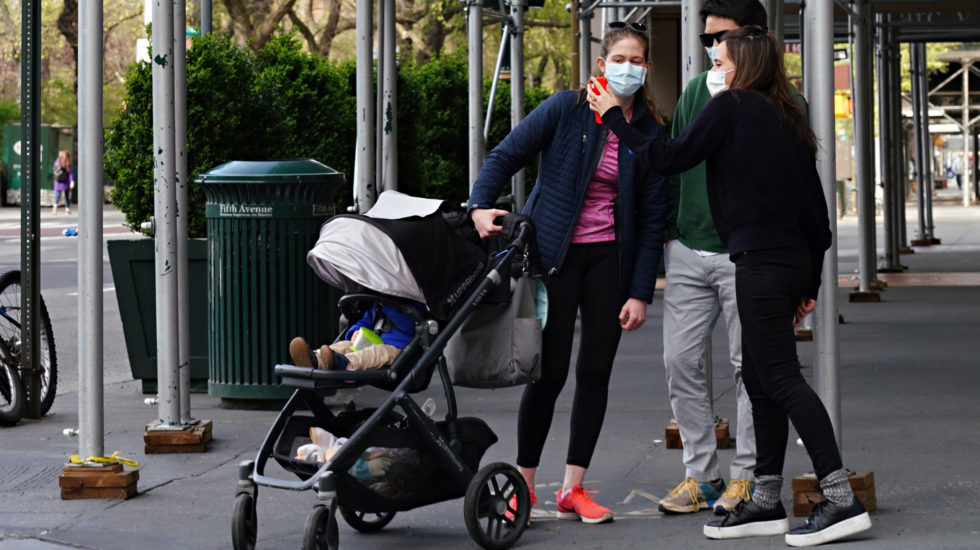The directive from the CDC to wear a face-covering was put in place to “slow the spread of the virus.” It was issued based on health concerns, not politics. But in this world where everything seems to become politicized, we are at a place today where masks have become divisive. They are causing anger, protests, name-calling, and boycotts. Today there are a series of posts on Twitter calling those who wear masks cowards.
New York Times writer Frank Bruni writes:
I’ve heard of Muslim women in America being taunted for wearing hijabs, I’ve heard of Jewish men being mocked for wearing yarmulkes and now I’ve heard it all: A friend of mine was cursed by a passing stranger the other day for wearing a protective mask.
People even decided to boycott Costco because they require customers to wear masks.
They say a lot of things start at the top and in this case, it’s hard not to equate this anti-mask message with Donald Trump’s own actions. He has refused to wear a mask, so it’s safe to assume many of his followers are simply following his lead.
Political commentator David Frum opines:
“People are meaning-craving animals. Symbols communicating meaning. Very understandably, many, many Trump supporters interpret the mask to mean, “I was wrong.” Which is true. They were wrong, and that’s what it does mean.”
During his daily press conference Governor Andrew Cuomo (D-NY) weighed on the debate over masks. His response is certainly one that shows he is leading by example.
*This post contains opinion and analysis
